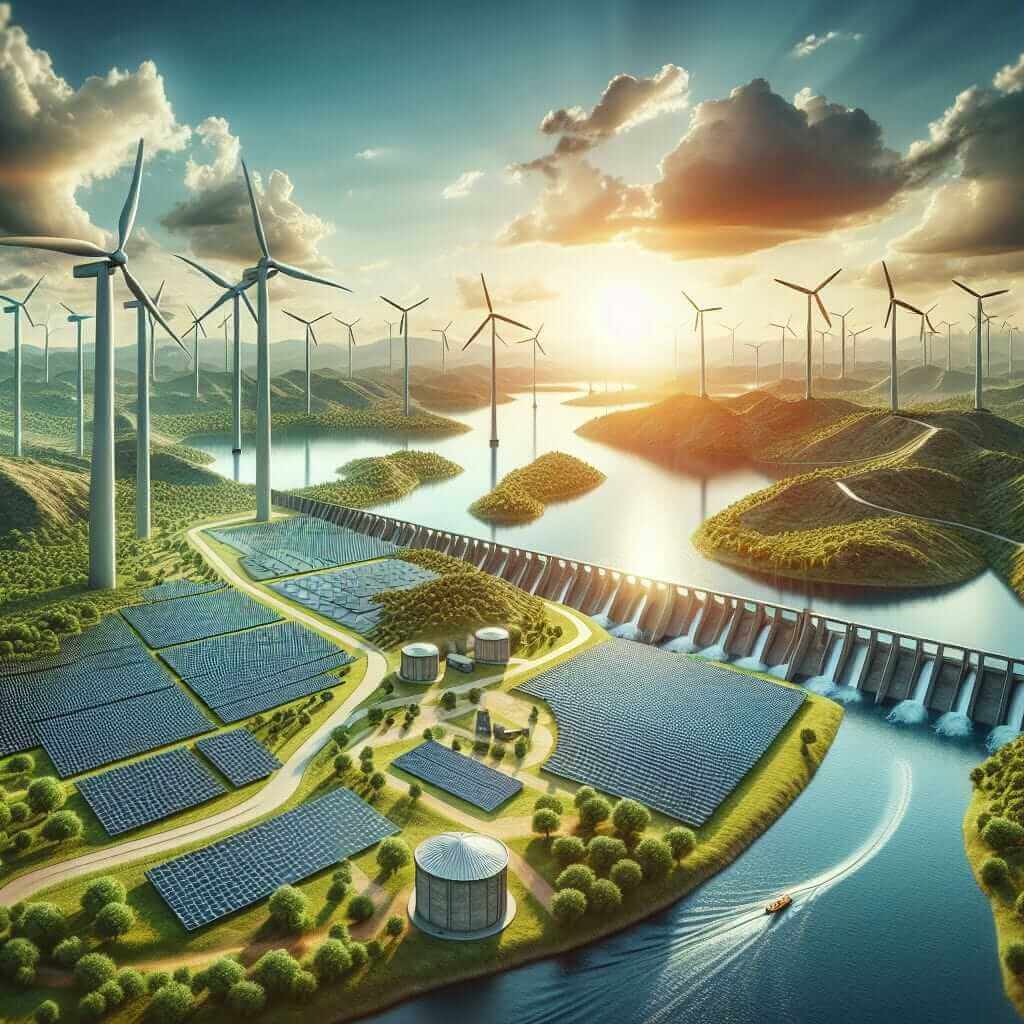The IELTS Reading section is designed to test your ability to understand and process information quickly and effectively. One prevalent and increasingly relevant topic that often appears in IELTS Reading passages is the impact of climate change on global economic policies. Given the rising global focus on climate policies, such topics are not only timely but also make good candidates for future IELTS exams.
Nội dung bài viết
- Reading Passage
- The Impact of Climate Change on Global Economic Policies
- Energy Sector Transformation
- Agricultural Adjustments
- Financial Sector Adaptation
- Infrastructure and Urban Planning
- Questions
- Reading Comprehension Questions (Medium Text)
- Answers
- Common Mistakes in Answering These Types of Questions
- Vocabulary and Grammar Focus
- Key Vocabulary
- Grammar Point
- Conclusion and Tips for IELTS Reading
Reading Passage
The Impact of Climate Change on Global Economic Policies
Climate change is not just an environmental issue; it is a critical economic concern that has profound implications for global economic policies. Nations worldwide are taking steps to adapt their economic frameworks in response to the existential threat posed by climate change. This transformation can be observed in various sectors, such as energy, agriculture, finance, and infrastructure.
Energy Sector Transformation
One of the most significant changes has been the shift from fossil fuels to renewable energy sources. Governments across the globe are implementing policies to promote renewable energy technologies like wind, solar, and hydropower. These initiatives aim to reduce carbon emissions, create sustainable jobs, and foster economic stability. For instance, the European Union has committed to becoming carbon-neutral by 2050, which includes substantial investments in green energy projects.

Agricultural Adjustments
Climate change has a direct impact on agriculture, affecting crop yields and water resources. To mitigate these effects, countries are revising their agricultural policies. Strategies such as crop diversification, sustainable farming practices, and investment in agri-tech innovations are being adopted. These policies aim to ensure food security and protect farmers from the adverse effects of climate change.
Financial Sector Adaptation
Financial markets are also evolving in response to climate-related risks. Central banks and financial regulators are incorporating climate risk assessments into their frameworks. For example, the Bank of England has set guidelines for financial institutions to disclose climate-related financial risks, helping investors make informed decisions.
Infrastructure and Urban Planning
Climate change demands ambitious infrastructure reforms to enhance resilience. Urban planning is increasingly focusing on building sustainable cities that can withstand extreme weather events. Governments are investing in flood defenses, sustainable public transportation, and eco-friendly buildings to protect both citizens and the economy from climate shocks.
Questions
Reading Comprehension Questions (Medium Text)
-
Which sector is specifically mentioned as shifting from fossil fuels to renewable energy?
- A. Transportation
- B. Finance
- C. Energy
- D. Agriculture
-
True/False/Not Given: The European Union aims to become carbon-neutral by 2040.
-
According to the text, what is one objective of changing agricultural policies due to climate change?
- A. Increasing export revenues
- B. Ensuring food security
- C. Reducing labor costs
- D. Promoting synthetic farming
-
Central banks and financial regulators are incorporating assessments of what kind of risks?
- A. Political risks
- B. Climate-related financial risks
- C. Market risks
- D. Operational risks
Answers
- C. Energy
- False
- B. Ensuring food security
- B. Climate-related financial risks
Common Mistakes in Answering These Types of Questions
- Misinterpreting the Questions: Often, students misread or misunderstand the questions due to the high pressure of the exam. Carefully read each question to understand what is being asked.
- Keyword Matching: Extensive reliance on keyword matching without understanding the context can lead to incorrect answers. Focus on understanding the passage rather than hunting for keywords.
- Not Paying Attention to Details: Ignoring small details can lead to mistakes, especially in True/False/Not Given questions. Always ensure that every part of the statement aligns with the text.
Vocabulary and Grammar Focus
Key Vocabulary
-
Existential (adjective) /ˌɛk.sɪˈstɛn.ʃəl/:
- Meaning: Relating to existence, especially human existence.
- Example: Climate change poses an existential threat to many species.
-
Resilience (noun) /rɪˈzɪl.i.əns/:
- Meaning: The capacity to recover quickly from difficulties.
- Example: Building infrastructure that enhances resilience to climate change is crucial.
-
Diversification (noun) /daɪˌvɜː.sɪ.fɪˈkeɪ.ʃən/:
- Meaning: The process of developing a wider range of activities or products.
- Example: Crop diversification helps mitigate the effects of climate change on food security.
Grammar Point
Relative Clauses
- Definition: A relative clause is a clause that provides extra information about a noun.
- Key Structure: Relative pronoun (who, which, that) + subject + verb.
- Example: “Governments that invest in renewable energy are also promoting economic stability.”
- Usage Tip: Use a comma when the relative clause provides non-essential information (non-defining relative clause).
Conclusion and Tips for IELTS Reading
Understanding the impact of climate change on global economic policies is not only intellectually enriching but also practical for improving your IELTS Reading skills. Here are some tips to excel in this section:
- Practice Regularly: The more you practice, the better you get at identifying information quickly.
- Focus on Keywords: Identify and understand the main ideas and supporting details.
- Improve Your Vocabulary: Familiarize yourself with common vocabulary and phrases related to frequently tested topics.
- Time Management: Allocate your time wisely, ensuring you have time to answer all questions and review your answers.
By understanding the content and implications of climate change on global economic policies, you can hone your analytical skills and perform better in the IELTS Reading section.